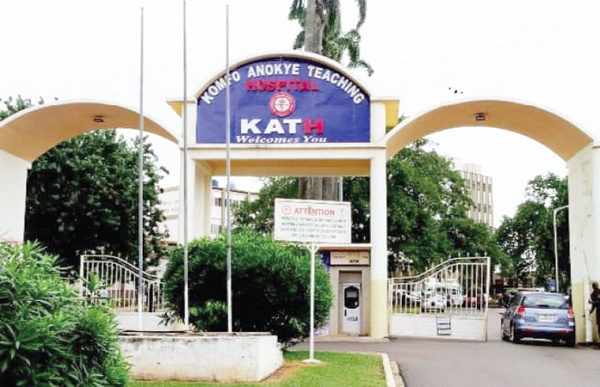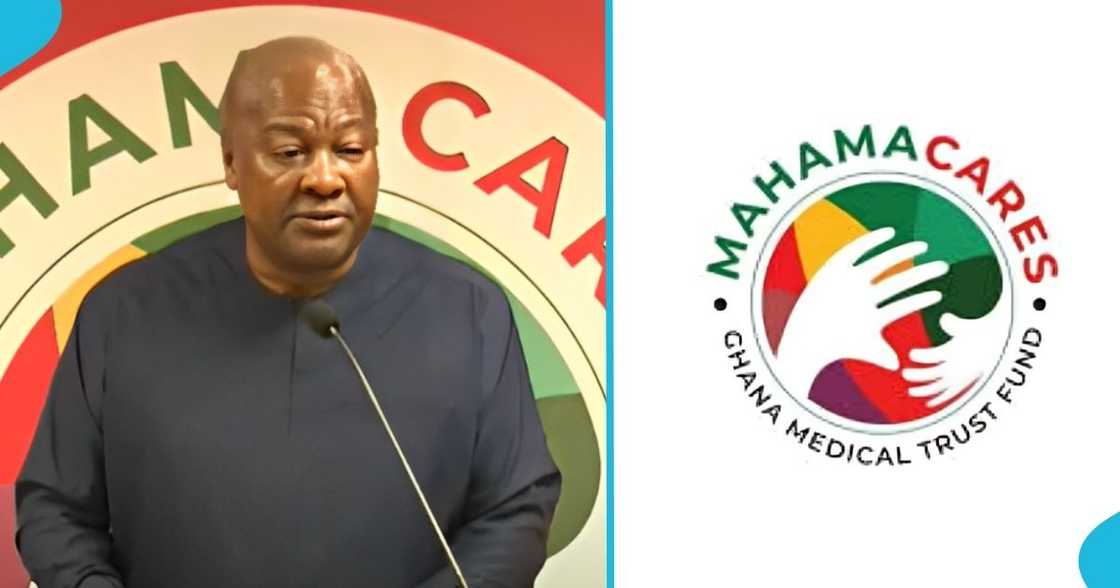Herbal Medicines, Mental Health Treatment costs added to Ghana's NHIS

Accra, Ghana - Ghana's Ministry of Health is set to revolutionize the country's healthcare system with major updates.
In a press conference on September 18, 2024, Health Minister Bernard Okoe-Boye announced that approved herbal medicines will be added to the National Health Insurance Scheme (NHIS), providing patients with alternative treatment options.
This move is expected to complement traditional orthodox drug administration.
The government will absorb all expenses for the treatment and payment of these herbal drugs, giving patients more choices.
Additionally, treatment for mental health and related medications will also be included in the scheme.
Minister Okoe-Boye emphasized that not all herbal medicines are hazardous, citing examples of approved herbal remedies that have undergone scientific processes. Currently, most health facilities have dedicated herbal medicine units for specific illnesses.
Regarding nursing, Ghana produces over 55,000 nurses annually, with excess nurses being sent abroad under Memorandum of Understanding agreements.
To address this, nursing programs will be revised to align with international standards, ensuring Ghanaian nurses can seamlessly integrate into foreign healthcare systems.
The Agenda 111 hospitals project, currently underway, will employ around 60,000 health workers upon completion. Already, 21,000 health workers have been engaged since 2017, with 3,000 added annually.
Minister Okoe-Boye also showcased completed and ongoing infrastructure projects, including renovations of Fomena, Kumawu, Tetteh Quarshie, Atibie, Aburi, and Kyebi hospitals.
According to him, the reconstruction of La General Hospital, Suame Hospital, and a new Urology Centre at Korle Bu Teaching Hospital are also in progress.
Notably, kidney patients under 18 and over 60 will receive free treatment, while those between 18 and 60 will receive twice-monthly dialysis.
Source : Florence Kyei / Lead News Online
























































